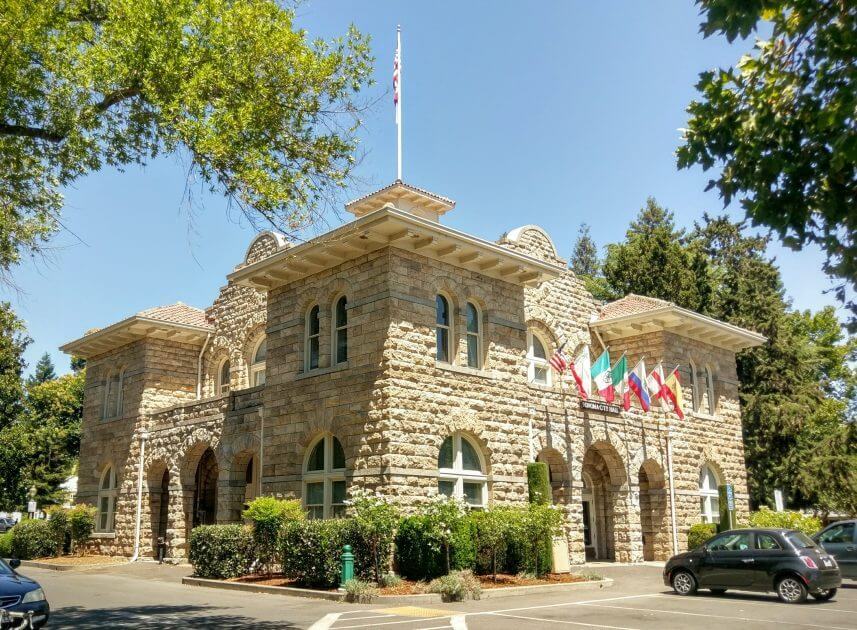
Government is not a business; its purpose is not to make a profit, but to further the aim of creating a good society. What constitutes a good society is a matter of varying opinion, but in America it usually shows as (a), protecting private property rights and personal freedom, and (b), protecting the common good, primarily the health and welfare of the community as a whole.
These two overarching purposes often come into conflict with each other. When that happens, ultimately the court system decides which purpose shall prevail. This purposeful divide has been evident in the agenda of our two political parties, although over time they have periodically switched sides philosophically.
Despite political differences however, our government has to constantly deal with one aspect of governing, namely money. Accomplishing its aims, requires money. The questions that government addresses are all, in some way, associated with money: how to get it and how to spend it. In this respect, government resembles business.
In a profit-making business, money decisions are guided by the aim of accumulation. The accumulation of money generally benefits the owners or shareholders first, and the general employees second, if at all. Business activities are chosen that optimize income accumulation.
In government, money decisions are not about accumulating wealth, since the money government has at its disposal is the public’s money. Whatever money government does accumulate is, in principle, intended to facilitate its purpose of creating a good society. That said, government must nonetheless pay its employees a fair wage, and like workers in the business world, many government workers are unionized.
And government must purchase goods and services, often on the open market. Both salaries and the cost of goods reflect the growth of the economy as a whole, which means in a healthy economy prices for both generally increase every year.
Locally, the cost of government increases roughly 5% each year, requiring it to find ways to cover its own costs. In this atmosphere government begins to resemble a business enterprise, seeking sufficient revenues to satisfy its expenses. Like a business, government has two choices: (a) increase revenues (through taxes and fees), and/or (b) reduce expenses. The upward pressure of costs never wanes.
Unlike a business, government has no competition. It does not need to advertise its services, nor compete for customers. The will of the voters determines who sits at the decision-making table, and the election of a majority that makes financial commitments for the community. It’s in this arena that the two cross-purposes of government come into conflict.
Should local government’s priority be increasing revenues and, if so, to what end? Should those increases simply be devoted to the increased cost of government or to something else? In what ways should government money be spent?
We feel too much of government’s money, the community’s money, is spent supporting the cost of government itself. We want to see more investment in the common good: infrastructure, parks, recreation, and public safety. While we support a living wage for government employees, government is not a business. Government’s “shareholders” are the public, and it’s the public good that should primarily be served.










“too much of government’s money, the community’s money, is spent supporting the cost of government itself” ?
Just so we’re on the same page; could you cite examples and how to avoid them. I sometimes hear people say; “I’m socially liberal; but, fiscally conservative,” or when discussing this country’s increasingly underfunded programs in education and social welfare: “you can’t just throw money at the problem…” with allies like these, who needs Republicans?
Here’s a modest proposal: Defund the Police. The Sonoma County Sheriff’s Office saw a $2.7 million increase, or a 46% rise, in annual insurance premiums in 2020 following multimillion-dollar settlements stemming from excessive force claims against the department going back nearly a decade.
https://www.pressdemocrat.com/article/news/as-lawsuits-against-sonoma-county-sheriffs-office-pile-up-taxpayer-insura/
Funneling so many resources into law enforcement instead of education, affordable housing, and accessible health care has caused significant harm to communities.
https://www.aclu.org/news/criminal-law-reform/defunding-the-police-will-actually-make-us-safer